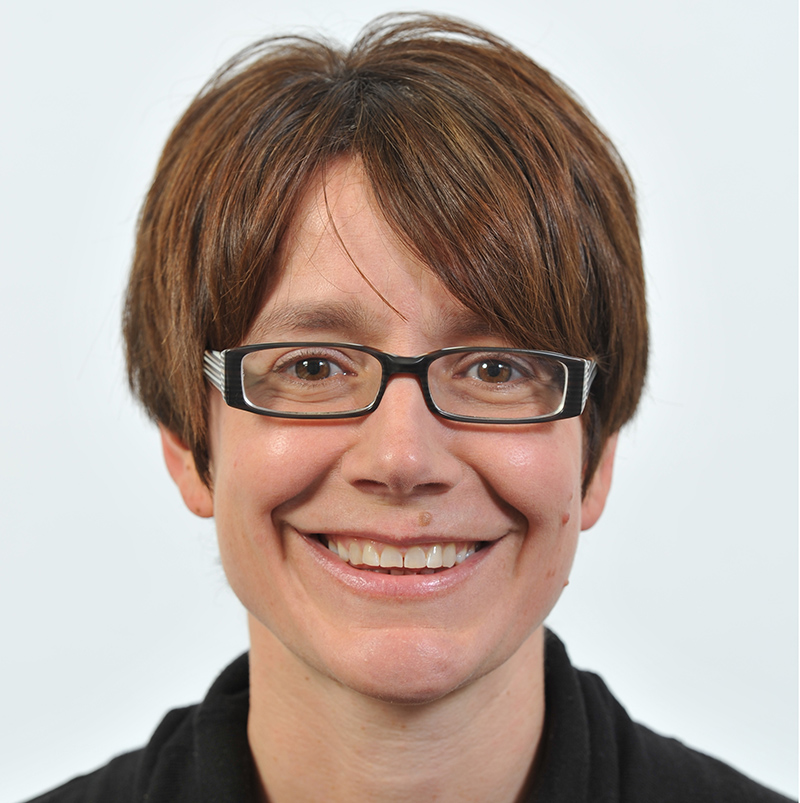Meet the lecturer: Isabelle Mareschal
Dr Isabelle Mareschal joined the School of Biological and Behavioural Sciences (SBBS) at Queen Mary in 2013. She is a Reader in Psychology and Head of Psychology Department, having previously been a long-term postdoctoral research assistant in Sydney, London and New York. We spoke to her about her role at Queen Mary and her research in emotion recognition.

What do you enjoy about your role?
I enjoy being busy and working out solutions to different challenges such as how best to teach different modules and overcome research problems. I like that things are constantly changing and evolving which keeps things fresh and new. I also get to interact with such a diverse range of people in my job, from students to staff to pretty much everyone I encounter at the University. There are so many people with different backgrounds and interests here, which is great.
Tell us about your recent successful funding applications.
We received a large grant from the Medical Research Council (MRC) for our project on emotional recognition. For the application, perseverance was key. The process was long; it started around three years ago. We first applied to the Leverhulme Trust and then later the MRC. It’s a very multidisciplinary project with support from people with different skills from a variety of universities. Despite very strong reviews, the project initially failed to get funding. The MRC suggested we re-apply but supply a greater range and volume of data, which we did and eventually the project was funded. We always had very good reviews for the project, but with hindsight (and this is a useful piece of advice to others applying for funding), I would have supplied more pilot data in the original applications. We also received funding from The Waterloo Foundation to conduct research into non-verbal social communication skills in refugees.
Tell us more about your project.
Both of these grants are to look into emotion recognition and how we recognise emotions in other people. There is currently a lot of variability in how people recognise emotions in other people, which is one of the defining characteristics of some clinical disorders such as autism and schizophrenia – they cannot read emotions in other people. Currently however, the individual variability in reading emotions is quite large and the method for testing is very outdated. What we are going to do is to measure emotion recognition much more systematically and in a more modern way. With the computer graphics team we are working with at Bath, we have developed a new method in which people can use genetic algorithms to create facial expressions online. They will be able to see a set of faces and select which ones look most angry, happy, sad and so on. This will allow us to test what emotions look like to different people across large populations.
This could completely change how we test different clinical disorders and their classifications. In addition, it will be open online so there will be no need to go into labs for tests as people can undertake these tests and get the answers to the emotion tasks at home. Potentially this could be the new way of testing emotion impairments in people. The data we collect will include a far wider range of nationalities and backgrounds than has ever been collected before. We will be able to mine this data and look to see if there are any distinctive patterns that separate groups of people. The Waterloo Foundation grant will allow us to do this work with refugee children too. Research suggests that children who have suffered abuse or grown up in adverse early life conditions have impaired emotional and social interactions. We will be investigating this to see if this is something refugee children suffer from, and use our tools to get a better understanding of their emotion recognition abilities.
Any advice for students looking to study Psychology at university?
You need to be self-motivated and interested in the subject. The best performing students and also those who have successful careers really enjoy the subject. Studying Psychology is challenging and there will be difficult times at university, especially when the workload becomes heavy, but it’s much easier to persevere when you have a passion for what you’re doing.